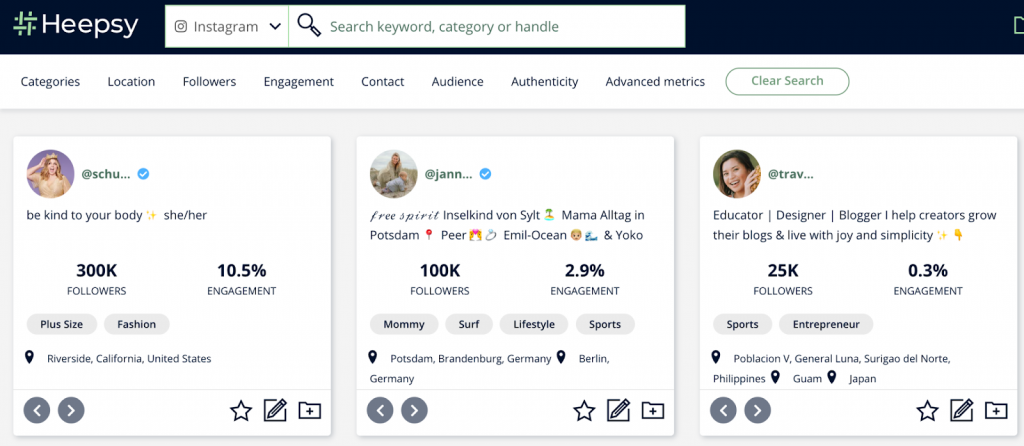Everything You Need to Know about B2B Influencer Contracts and Payments
By Alex White
In today’s market, you’ll be hard-pressed to find an avenue of marketing that’s both free and effective. Despite what some might lead you to believe, B2B influencers will expect more than brand exposure in exchange for their services.
Unlike B2C influencer marketing, B2B agencies and brands often cannot offer products in exchange for their work — not because of any rules, but because their offerings are simply not meant for individual consumers. Can you imagine asking someone to write a blog post in exchange for … cloud storage? Yeah, neither can we.
That brings us to the all-important subject of influencer agreements, now commonplace in today’s influencer marketplace.
Why do I need an influencer agreement?
An influencer contract, also known as an influencer agreement or influencer marketing agreement, is a legally binding document between a company or brand and an influencer. This contract outlines the terms and conditions of the partnership and sets clear expectations for both parties.
If you’re in the United States and you’re interested in onboarding influencers for your marketing program, you must familiarize yourself with the regulations set by the FTC (Federal Trade Commission). These, of course, exist to safeguard consumers against false advertising. That’s why it’s so important that the drafted agreement makes it clear that there’s a material connection between the brand and the influencer. But what else should the agreement include?
What should an influencer agreement include?
- Parties Involved: The names and details of the company/brand and the influencer.
- Scope of Work: A detailed description of the campaign, including the specific deliverables (e.g., posts, stories, videos), platforms to be used (e.g., LinkedIn, Instagram, YouTube), and the content requirements.
- Compensation: Information on how the influencer will be paid, including any fees, bonuses, and reimbursement for expenses. This section may also cover the payment schedule.
- Timeline and Deadlines: Important dates for content submission, posting schedules, and the duration of the partnership.
- Content Guidelines: Brand guidelines and creative direction to ensure the content aligns with the brand’s image and values. This might include style, tone, hashtags, and other branding elements.
- Approval Process: Procedures for content review and approval before it goes live. This can include deadlines for the brand to review and request changes.
- Usage Rights: Terms regarding the ownership and use of the content created by the influencer. This often covers how long the brand can use the content, in what contexts, and whether the influencer retains any rights.
- Exclusivity: Clauses that prevent the influencer from working with competing brands during and sometimes after the contract period.
- Compliance and Disclosure: Requirements for adhering to relevant laws and regulations, such as FTC guidelines for sponsored content disclosure.
- Termination Clause: Conditions under which either party can terminate the agreement and any notice period required.
- Confidentiality: Provisions …read more
Source:: Top Rank Blog








